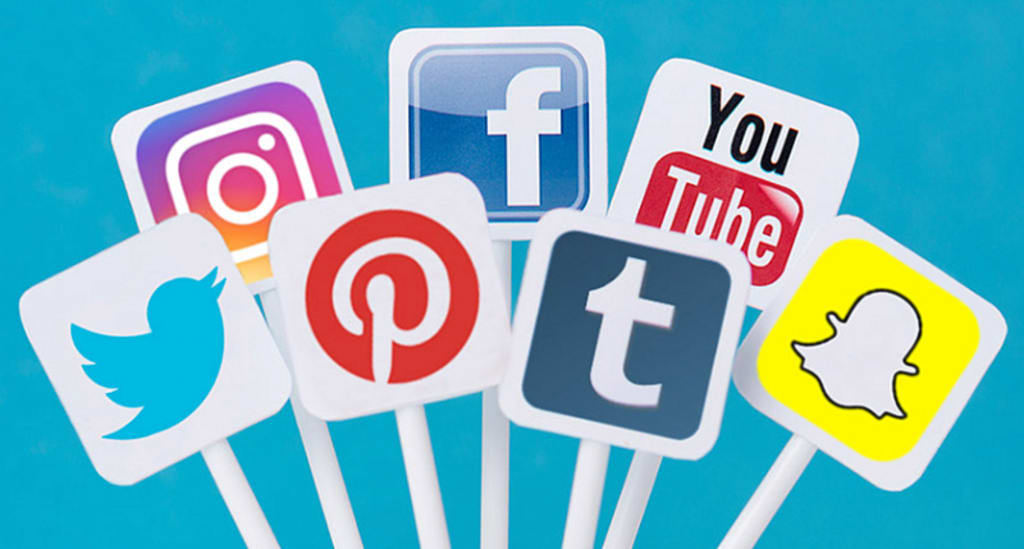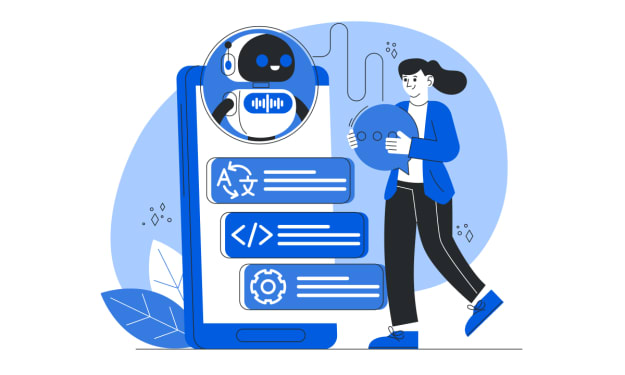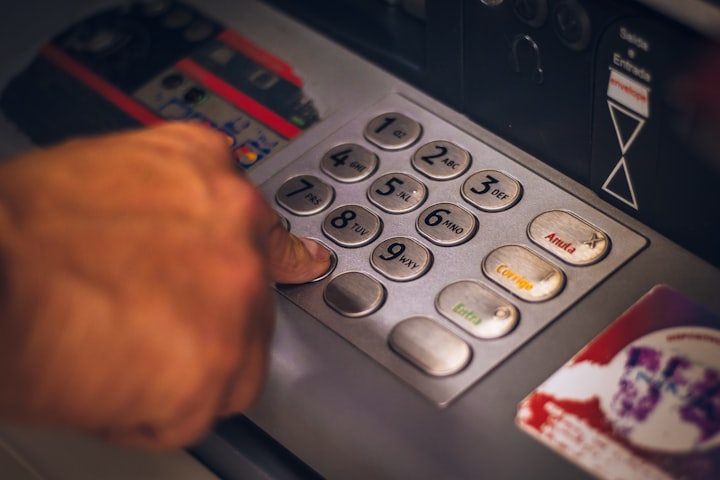Is Social Media Disconnecting More Than It Is Connecting People?
Are we escaping the complexities of reality to enjoy a seemingly simpler ‘virtuality’?

Digital natives, those born into the Digital Age, are surrounded by social networks. Instead of meeting up for a get together at a certain time and place, social media has flipped this on its head—now it’s all the time and everywhere! I’d like to ask how this is affecting the way we interact with and care for each other, the way we think of and care for ourselves and even to the extent of what we do and who we are becoming with our added virtual persona. A case could be made that social media is disconnecting people more than it is connecting them. It could be argued that the diversity of human relationships and communication cannot be substituted for the people we choose to connect with from behind a screen. The growing market of social media applications is beginning to redefine human connection. Are we escaping the complexities of reality to enjoy a seemingly simpler ‘virtuality’? Are we shortchanging ourselves?
Some people believe one advantage of social media is it makes communication less daunting, for example, for someone suffering from social anxiety disorder (SAD). The positive social connections established through social media can be much less daunting to develop for someone with social anxiety if fear of transportation, isolation or leaving their house is otherwise preventing them from socialising. Also, platforms which allow anonymous blogging can help a sufferer to feel less alone and less afraid to share their feelings.
Furthermore, social media has already established positive online communities. Connectivity is inherent to social networking—driving much of its appeal. Bringing people together with common beliefs, interests and experiences spreads awareness of different cultures—even tackling racial prejudice, for instance. Black-White interaction is the norm nowadays; and this positive social integration has been helped through social media. After Hurricane Katrina the KatrinaTruth.org website has helped to draw attention to apparent government neglect of African American Orleans residents, denying them the same rights afforded to White residents during the aftermath of the disaster. The web design was also used to promote their racial identity by the inclusion of cultural codes.
There is a convincing argument, however, that the distance between one another in social networking is disconnecting people from their real lives. Here’s one way to share a donut with your friends: Twitter: I’m eating a #donut. Facebook: I like donuts. Instagram: Here’s a vintage picture of my donut. YouTube: Here I am eating a donut. LinkedIn: My skills include donut eating. Pinterest: Here’s a donut recipe. Reddit: There’s a conspiracy around donut eating. Vine: Funny donut eating videos. But I think you’ll agree the most satisfying option would be to share out the donut with your friends, not through social networks, so you can all taste and enjoy the donut. As they say, the joy is in the giving. By giving in to the promises of perfect, clean lives, we are inevitably becoming as clinical as robots; we can show no flaws. But what is the cost of this?
To build on that point, social media can transform the way we think and feel. Social media can exploit our human vulnerability. Unfortunately, it appeals to us where we are most vulnerable and we are becoming dependent upon it. As a race, we each want to feel we have a place in the world. So when the opportunity arises to enhance how we present ourselves, we jump onto the bandwagon. Beware, though—this bandwagon can lead you down blind alleyways to places you don’t want to go. The social media bandwagon promises you three desirable things. Firstly, you can select where you put your attention; secondly, you will always be heard; and, finally, you’ll never be alone. This is where the illusion begins. True conversation is sacrificed for mere connection creating an illusion of companionship without the demands of friendship. But does connection lead to happiness or isolation? And as Sherry Turkle (professor of social studies at Massachusetts University) acknowledged in her TED talk in 2012, "do we now expect more from technology and less from each other?" As shown in the Global Web Index, the top ten motivations for people using social media were eye-opening. Whilst one was to stay up to date with news and current events, another was to fill in spare time or simply because a lot of their friends were on the social site in question. These are examples of passive networking; social media has become a source of accessible content, rather than of active contribution.
I believe a self-awareness is crucial to establish where we stand in our relationship with social media. We need to be reminded of social network pitfalls. In an ideal world, social media should not be defining us as people, we should be defining ourselves by our success in the real world. Our first action should be to step back and re-evaluate our values and not change or be influenced by any social media which seeks to encourage our own self- seeking gratification. There is a much bigger, stimulating and interconnected life force between everyone which social media has hidden.






Comments
There are no comments for this story
Be the first to respond and start the conversation.